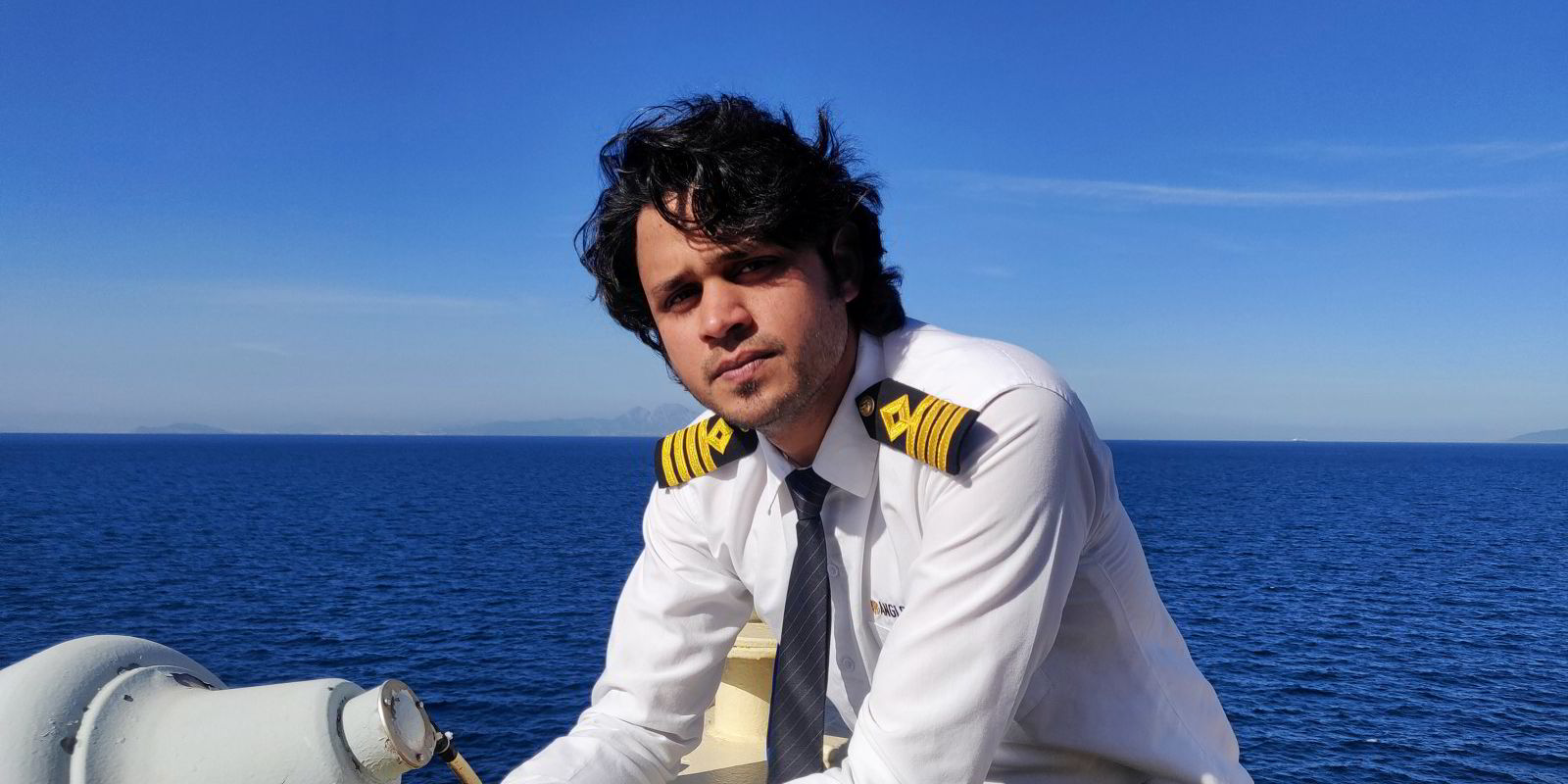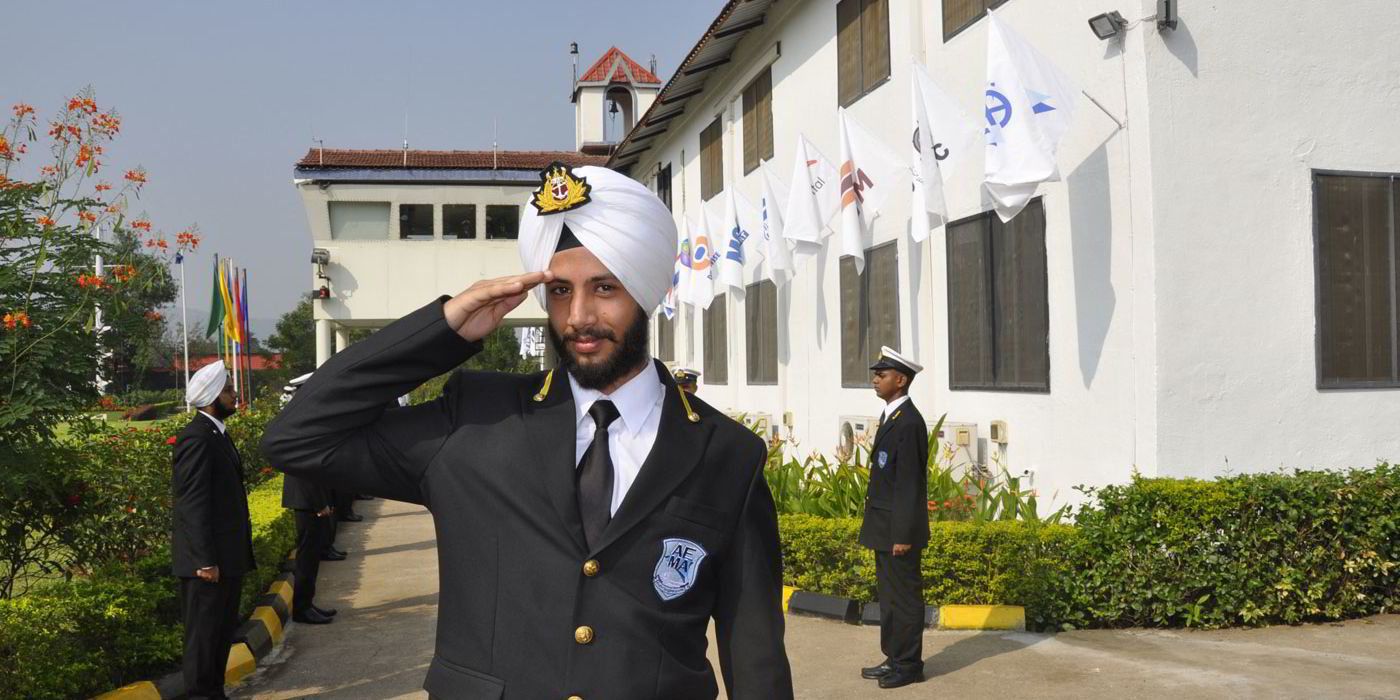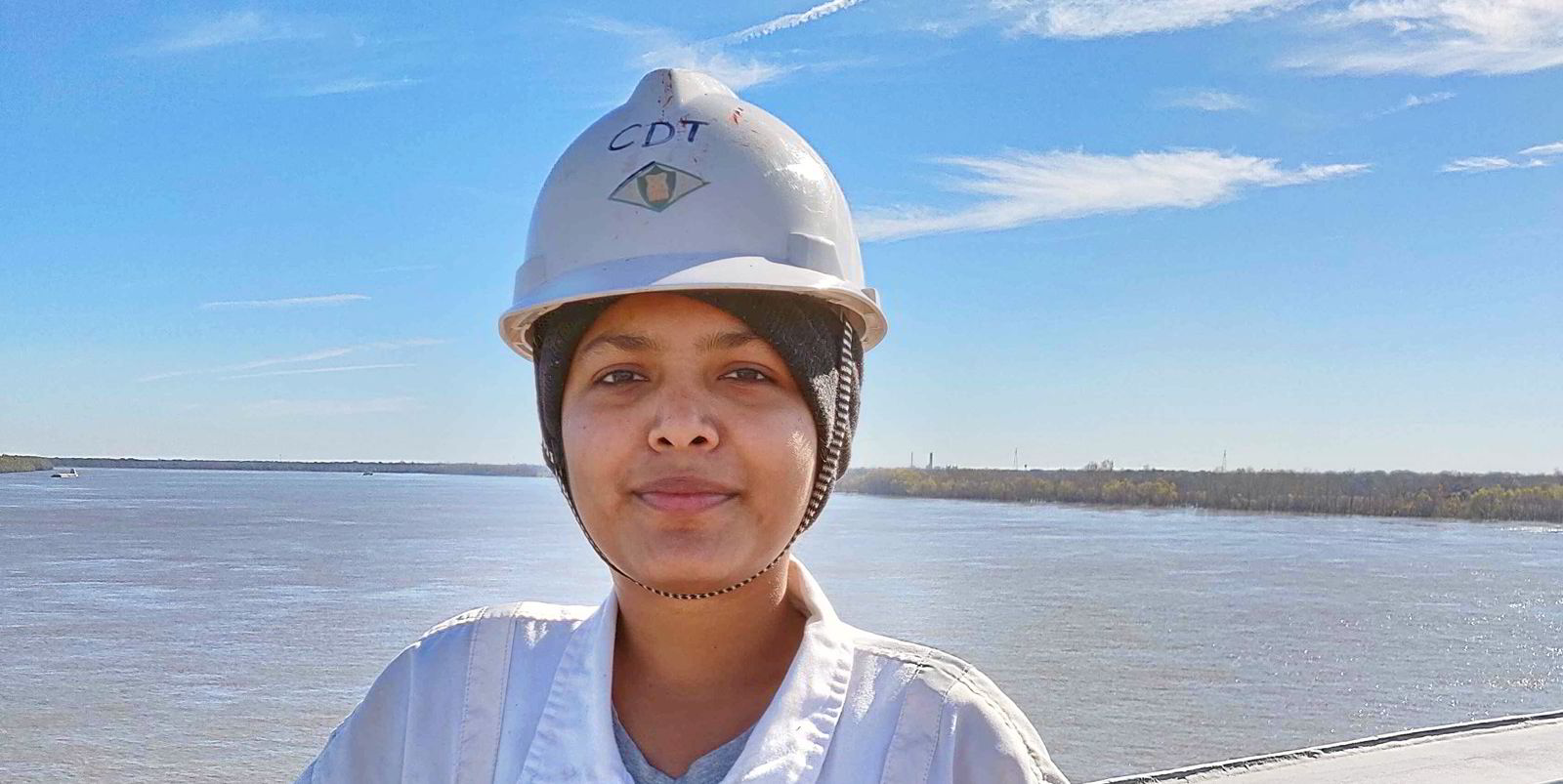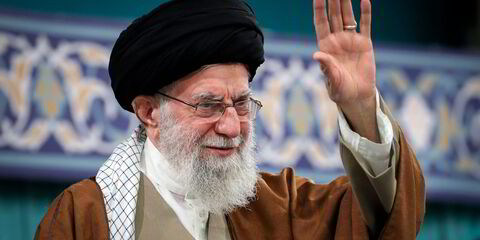Growing up in the foothills of the Himalayas, Shabaz Qureshi had never seen a ship when he arrived at the gates of the Anglo-Eastern Maritime Academy (AEMA) in Karjat, India, to join as one of the facilities first batch of cadets in February 2010.
On 25 April, at the age of 30, Qureshi became the first of that batch to become the captain of a ship when he was appointed as master of the Anglo-Eastern Ship Management-managed, Fednav-owned handysize bulker Federal Hunter (built 2001).
Hong Kong-based Anglo-Eastern set up AEMA to train a new generation of seafarers capable of coping with radical changes expected on board in the future, taking school students with no experience and completely immersing them in the Anglo-Eastern culture.
Strong emphasis is placed on equipping the students with new skills demanded by fast-changing technology.
A 98% pass rate allows Anglo-Eastern to guarantee a job offer on completion of the course. Cadets spend a year at Karjat, before spending 18 months at sea. Exams are sat in a final four-month stint at the Anglo-Eastern Maritime Training Centre in Mumbai.
Each year Anglo-Eastern selects nearly 400 high-school students from about 20,000 who apply for a year-long residential course, attracted by the academy’s reputation and the lure of a career at sea.
Learning responsibility
AEMA graduate Tapan Kane feels he is living in the fast lane since qualifying as a deck officer in February 2020.
He said he has enjoyed working as a third officer on containerships.
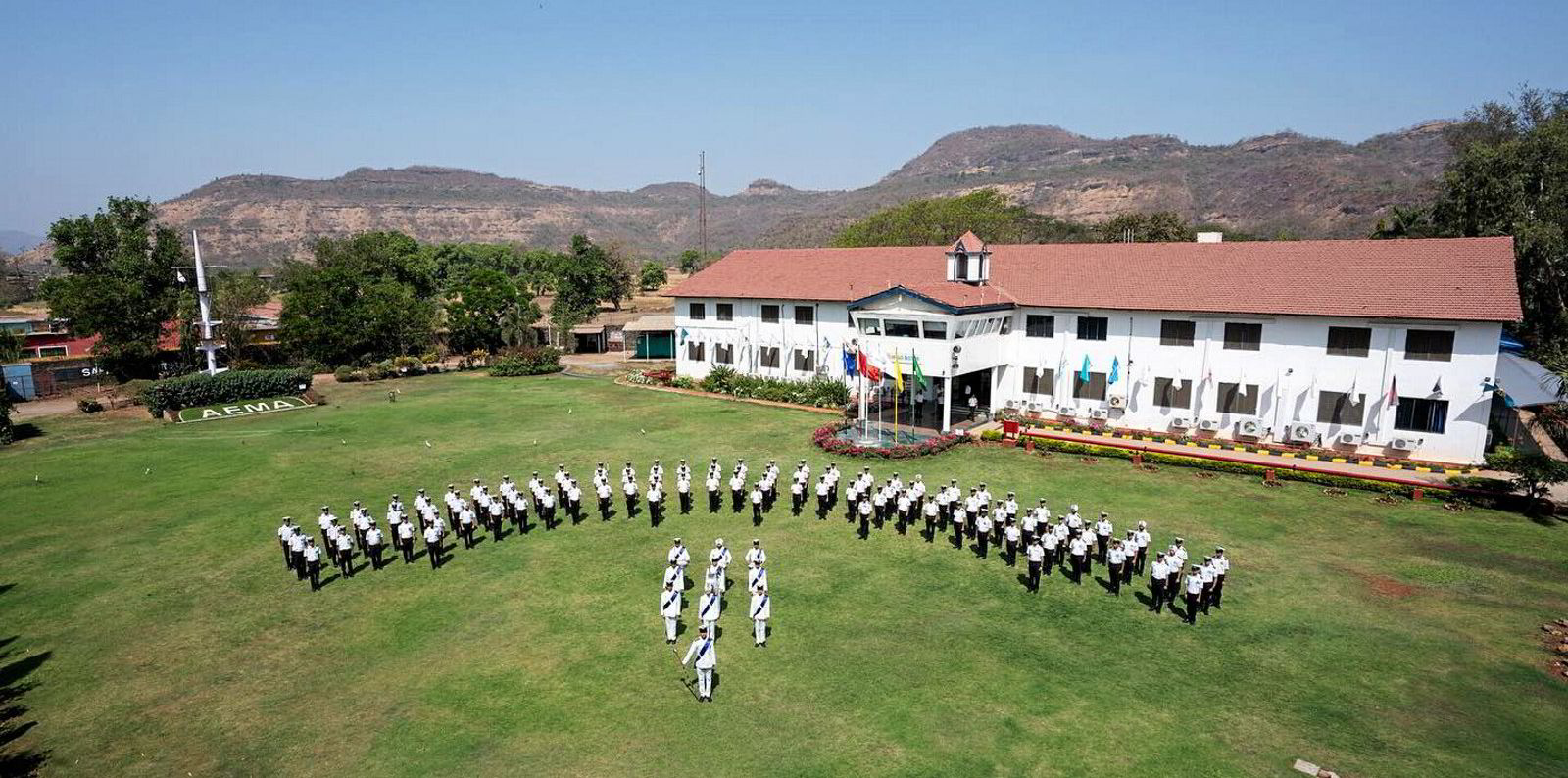
“Containerships are my favourite. The pace of life is fast and the cargo is clean. This is what I like,” he explained.
Kane, who is from India’s land-locked desert state of Rajasthan, came into seafaring after seeing an AEMA newspaper advertisement.
“It claimed it was the best in the country, so I had to apply!” he said when TradeWinds first met him at the Karjat-based academy in 2016.
What attracted him to the industry back then were good wages that allowed him to be financially independent at an early age, as well as travelling around the world.
Five years later Kane laughed when he was reminded of these reasons.
“That was a 19-year-old brain speaking,” he said.
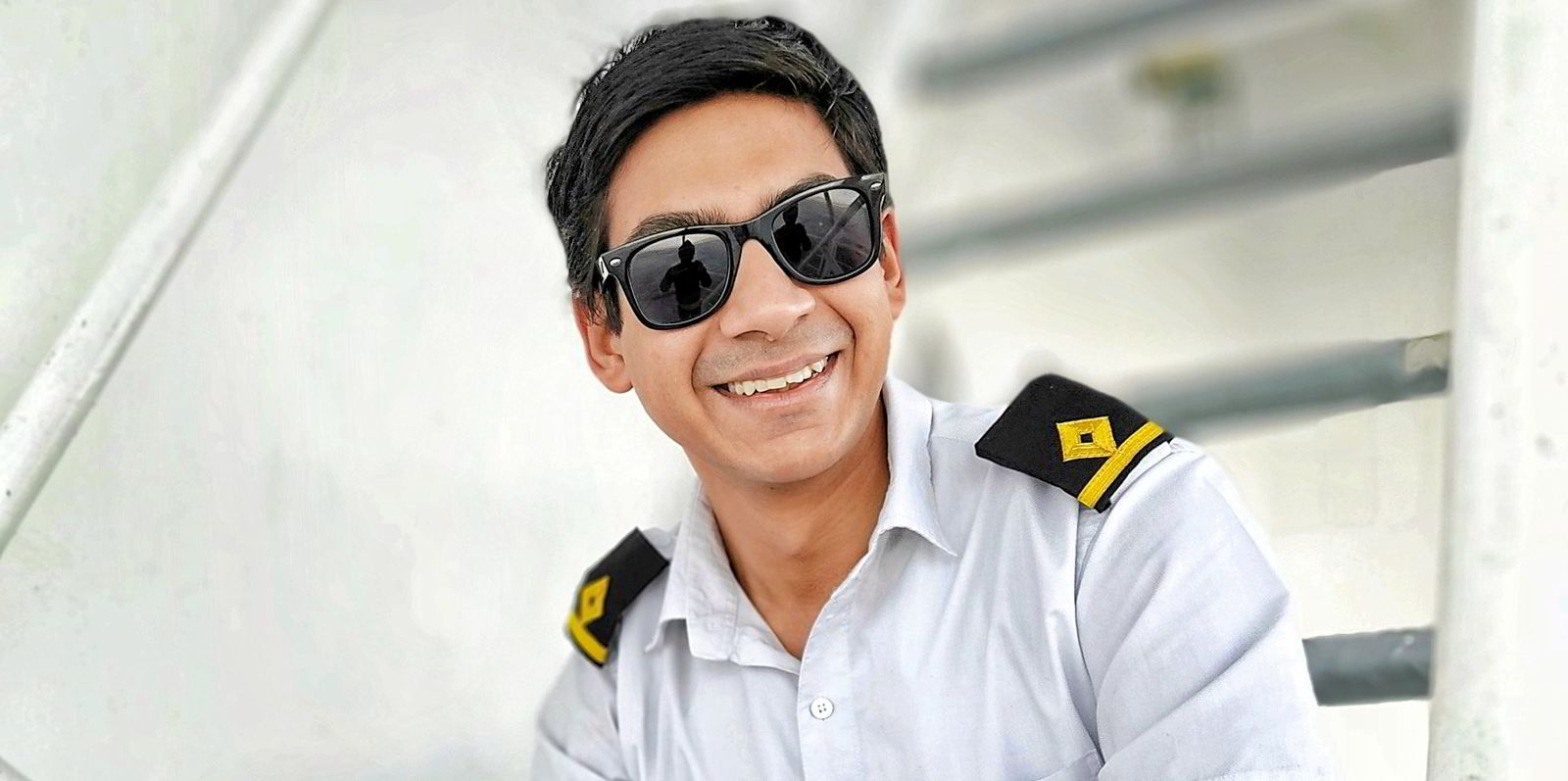
A seafaring career has made Kane financially independent, and he has seen much of the world, but he pointed out it has given him much more than that.
“It has taught me responsibility. Seafarers help the world function and run smoothly. There may be a pandemic but ships still supply the world. We are responsible to the people,” he said.
No regrets
Captain Qureshi, who spoke to TradeWinds from the Federal Hunter via a Whatsapp video link as the ship approached Gibraltar, admitted he had no idea about a maritime career growing up until he met a few relatives of friends who worked as seafarers.
“The only options when in school were engineering, medical and defence. I chose seafaring as a way out of these,” he explained.
Qureshi credits the pre-sailing training he received at AEMA for helping him achieve his goal of becoming a captain within 10 years.
“We had a wonderful faculty. Even though the institute was in its initial phase, we [had] every facility we needed,” he said.
“The faculty helped us visualise shipboard life, and how to put the theory we learned into practise.”
Qureshi gained his second mate’s license in 2013, and has been sailing with Anglo-Eastern on Fednav ships ever since.
The continuity of sailing on one type of ship — bulker, in this case — and for one manager and owner is what Qureshi credits for his rapid rise up the ladder to become captain.
“It helped me grow faster,” he said.
Qureshi admitted that sentiment played a large role in picking the Federal Hunter as his first command.
“I was a cadet on this ship. It was my first one. That is why I chose to be its captain,” he explained.
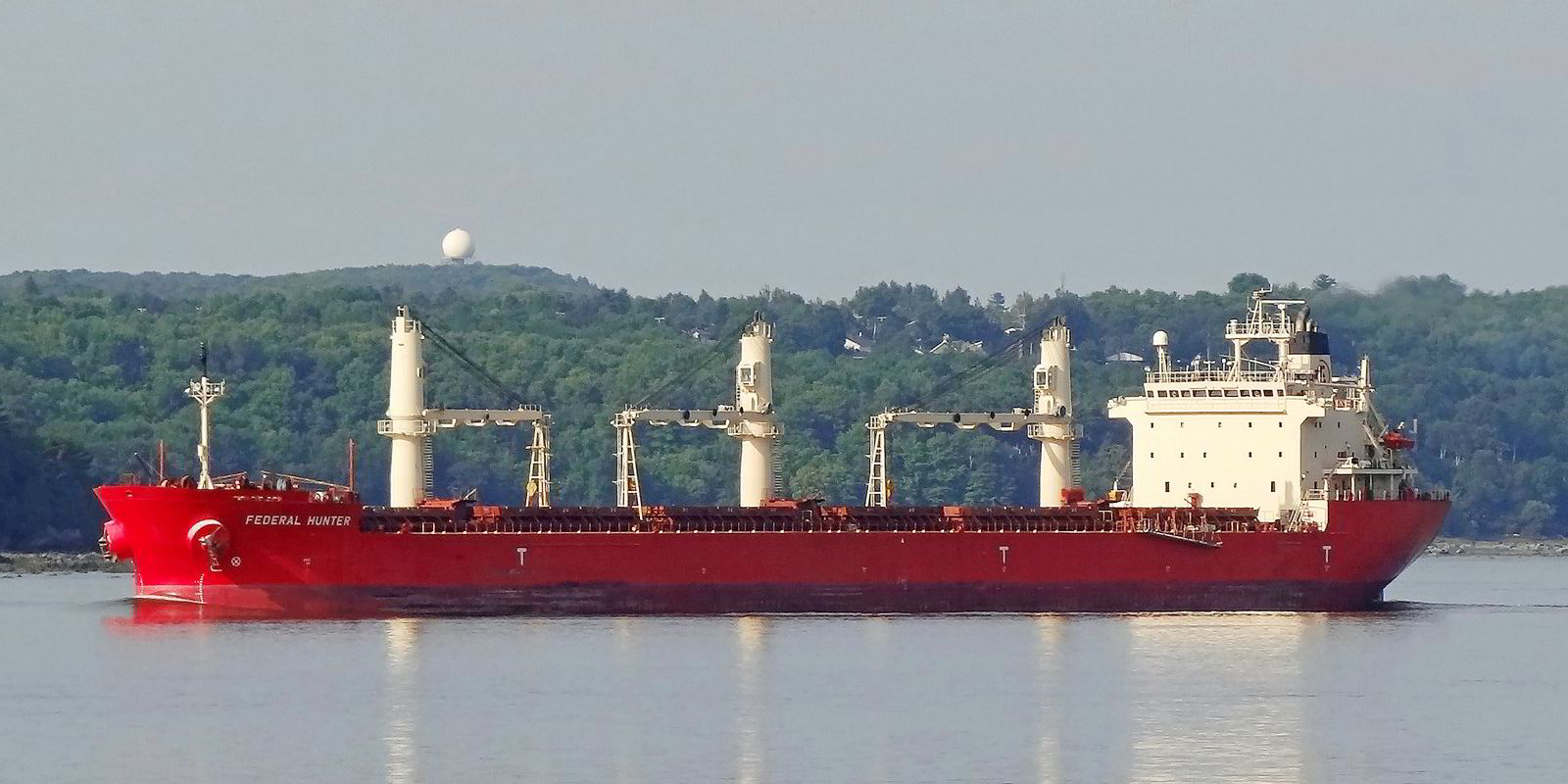
Qureshisaid he has no regrets becoming a seafarer.
“This career has helped install discipline in my lifestyle, the habits of consistency and focus. It is what defines a person,” he concluded.
“My first advice to new cadets is to study, study, study. And to everyone, no matter what their rank, to always evaluate yourself and accept feedback so that you can continuously evolve. If you don’t evolve, you quickly become outdated.”
